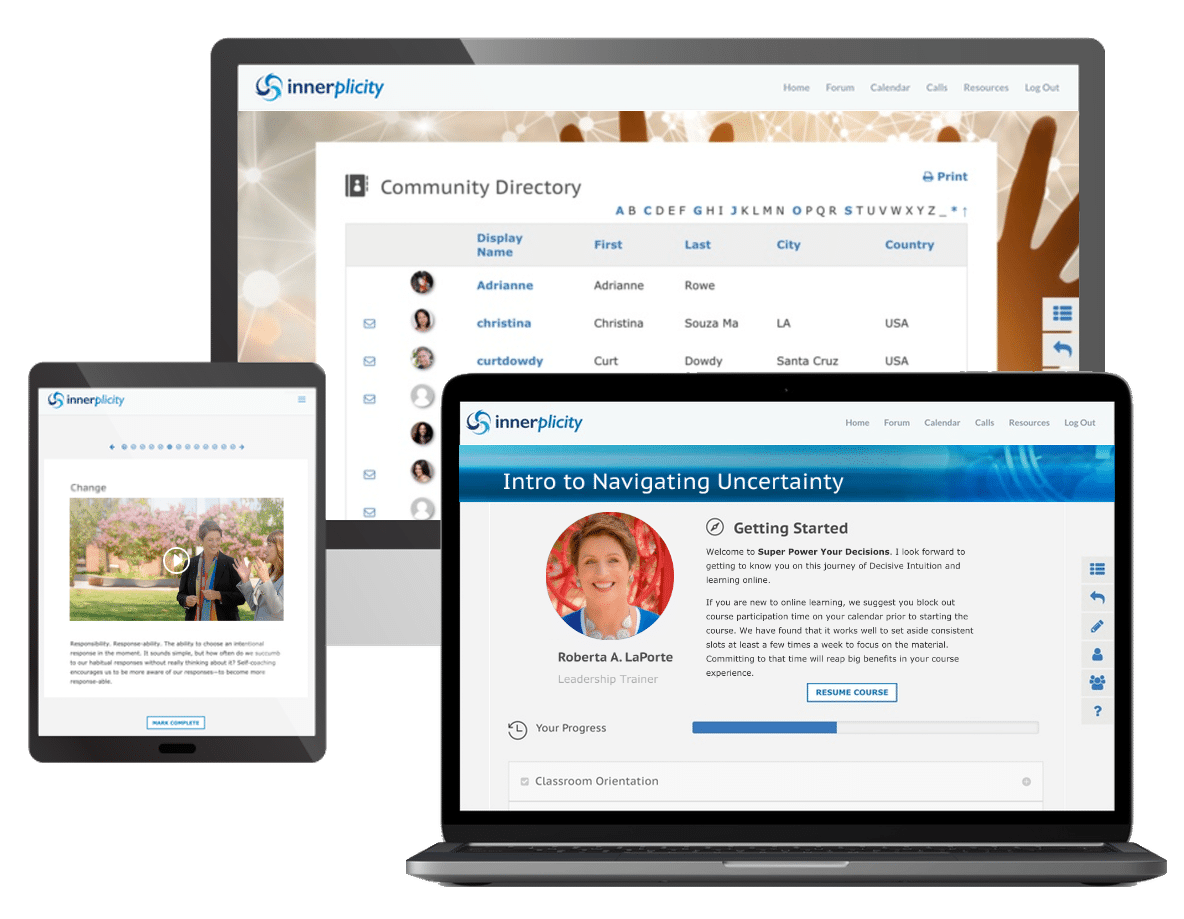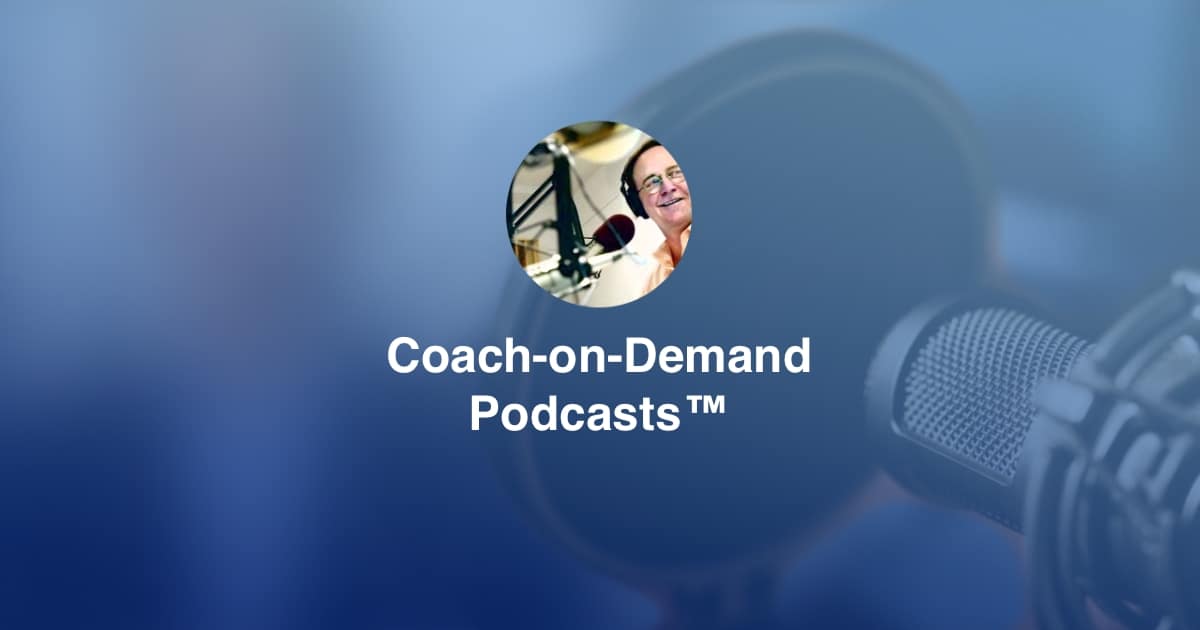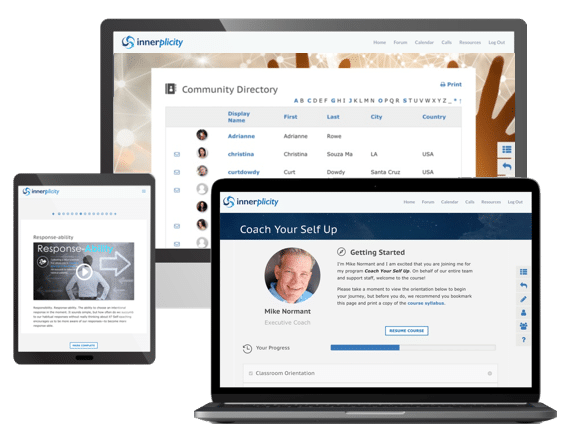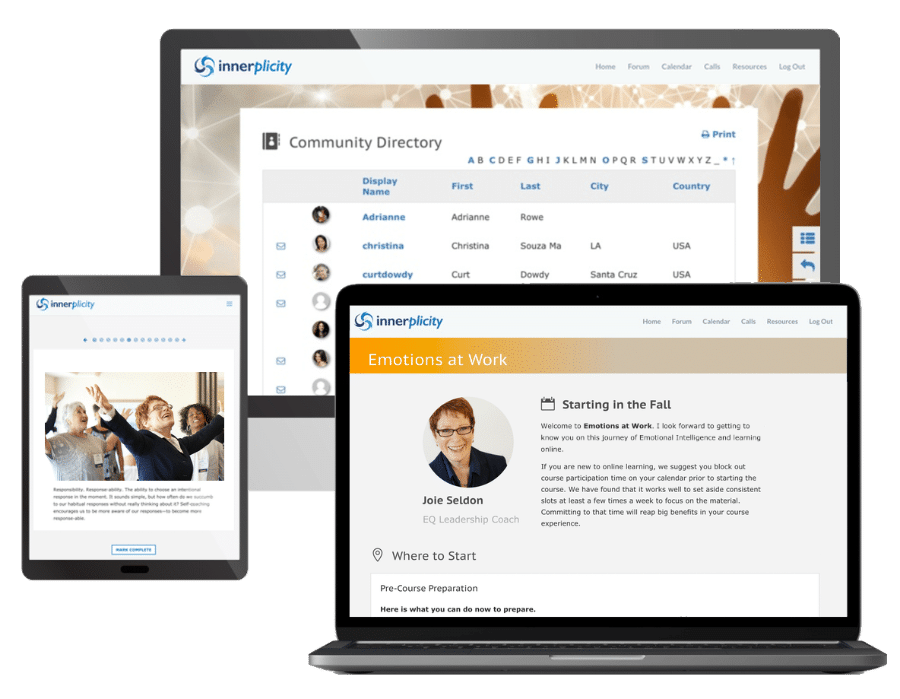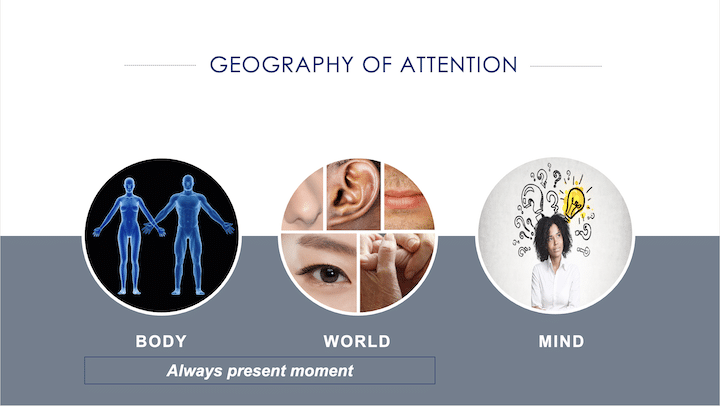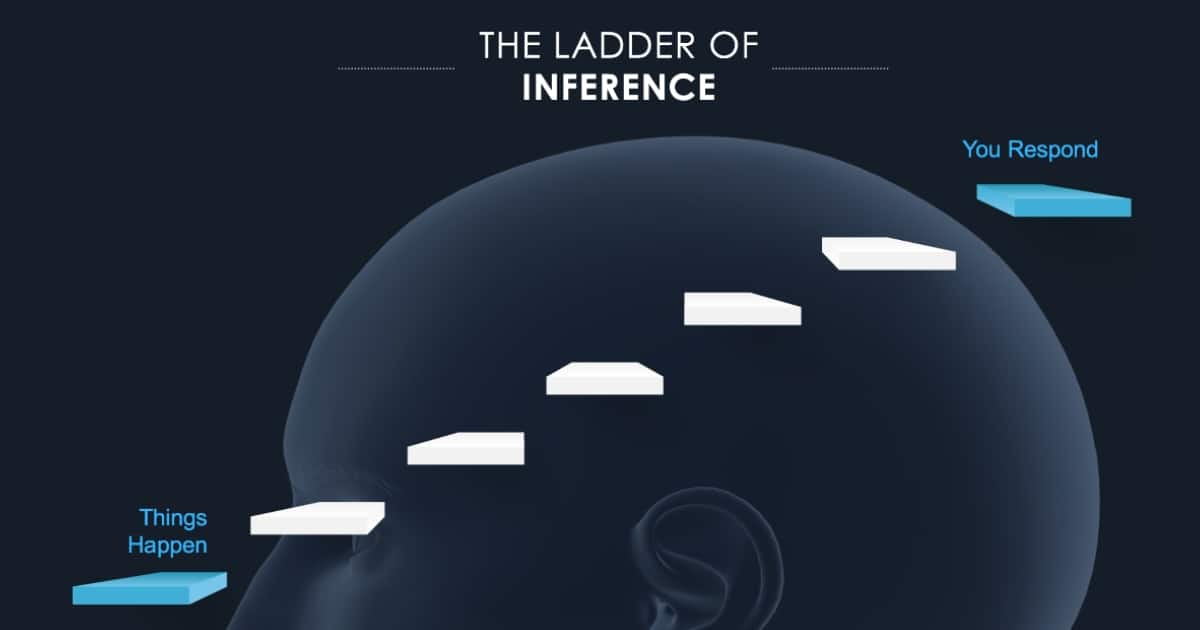- 3 min - As we continue to deal with the challenges of our uncertain and changing world,...

How to Survive The Revolving Door of Leadership

How to Survive The Revolving Door of Leadership
2 min –
Have you or someone you know said recently: “I have a new boss – again! What should I do?”
This is something I am definitely seeing more of with my clients. Given all the movement that’s occurring in the job market post-Covid, there’s no question that internal change is happening more frequently than ever before. And yet we never seem ready for it.
Not surprisingly, In pre-covid research we did with nearly 200 technology leaders, the #1 confidence killer cited was getting a new boss.
Our bosses play a major role in our success – from the opportunities they give us to their active support and encouragement in our career advancement. And after all the effort we’ve put into building this important relationship, we have to start all over again as the revolving door of leadership change keeps turning.
So, what can you do?
Well, you can do nothing or delay making any moves because you’re frustrated and don’t have the energy to deal with yet another change and all it represents.
Or you can make the first move and use this as an opportunity to show the value you and your team can provide to your new boss.
In an environment of continual change and uncertainty, you can’t afford to do nothing and hope that everything will be fine. You need to make the first move.
Look at this change (and others that will inevitably follow) from a possibilities perspective. Create engagement right from the start. Be the first person to reach out. Show how your team contributes to the organization. Be enterprising and share your vision on how you can amplify your contributions in the future.
Your new boss’s success is your success, so find out how you can best help them get off to a fast start.
Remember that anyone worth their salt is jockeying for position. Don’t end up in the sidelines feeling wounded and sorry for yourself. Be confident and assured. Know and show your value.
Roberta A. LaPorte, Organizational Consultant
After spending 25 years leading Fortune 50 organizations and technology start-ups, Bobbie draws on positive psychology and her experience as a six-time Ironman triathlons finisher to help organizations navigate uncertainty and get ready for anything. Learn more »
Trending
The Game Has Changed
Post-Pandemic Rebound & Recovery
3 min - It’s Time to Prepare for the Next New Normal We’ve been waiting a long time for...
Essential vs. Exhaustive
2 min - It seems like almost every leader I speak with these days asks, at some point in...
Well-Being, Audacity and the Search for Meaning
- 3 min - Which post-pandemic trend resonates with you and how do you lean into it? - Ginny...
Managing Your Attention in a World of Distraction (Part I)
- 3 min - Becoming Aware of Your Attention Can Change Your Life! Managing our attention has never...
FEATURED COURSE
Leading Through Uncertainty
Build leadership skills to navigate through the unrelenting uncertainty of our times. Learn practices that are science-based, scalable and easy to implement.
Coming Soon
Instructor-Led Course
4-Weeks Online
6hrs Est. Course time
Peer-group Networking
